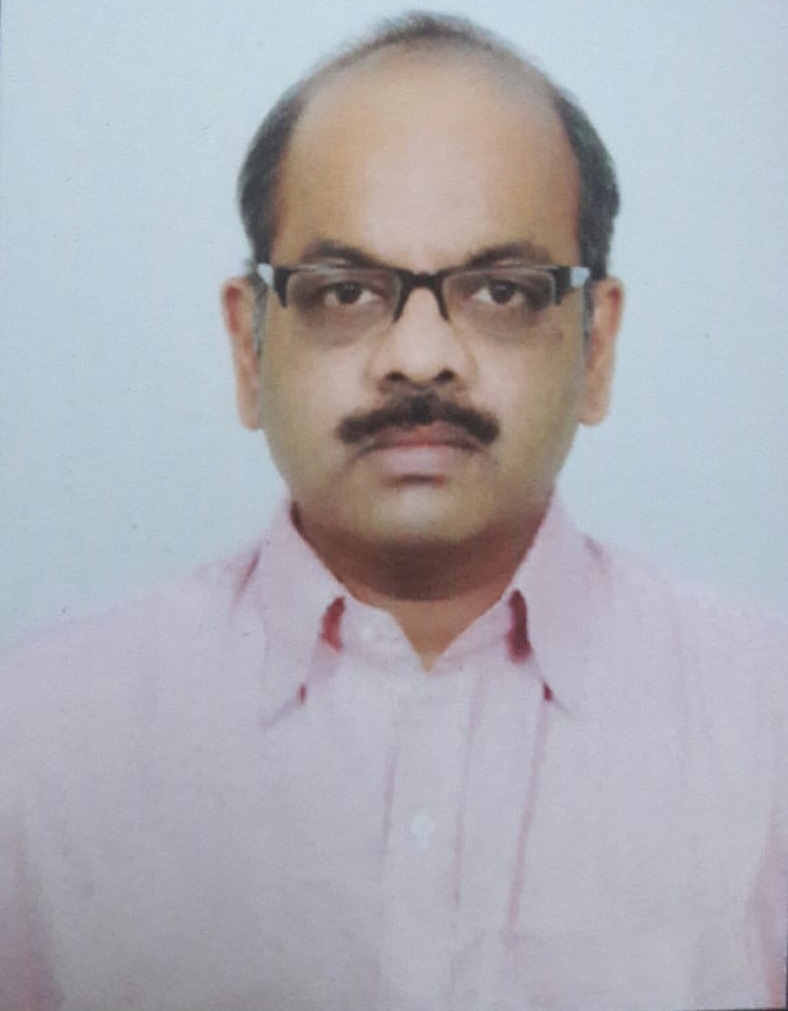- About Us
- Academic
- Hyderabad
- Programmes
- Schools
- Departments
- Aesthetics and Philosophy
- Arab Studies
- Asian Languages: Chinese, Japanese, Korean, Persian, Turkish
- Communication
- Comparative Literature and India Studies
- Computational Linguistics
- Cultural Studies
- Education
- English as Second Language Studies
- English Language Teaching
- English Literature
- Film Studies
- French and Francophone Studies
- Germanic Studies
- Hindi
- Hispanic and Italian Studies
- Indian and World Literatures
- Linguistics and Contemporary English
- Linguistics and Phonetics
- Literatures in English
- Materials Development, Testing and Evaluation
- Phonetics and Spoken English
- Russian Studies
- Training and Development
- Translation Studies
- Shillong
- Lucknow
- Hyderabad
- Library
- Global Outreach
- Campus Facilities
- Extension Activities
- RACI
- USR
- EMRC
×
Contact us
The English and Foreign Languages University
Near Tarnaka
Hyderabad - 500 007
Telangana
registrar@efluniversity.ac.in
Near Tarnaka
Hyderabad - 500 007
Telangana
|
Research @ EFLU
|

Prof. Jibu Mathew George
Department of English Literature
School of Literary Studies
School of Literary Studies
Integrative Humanities
